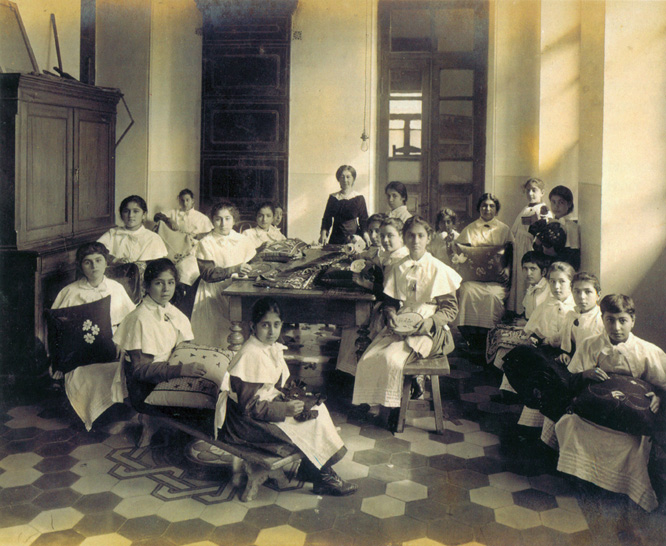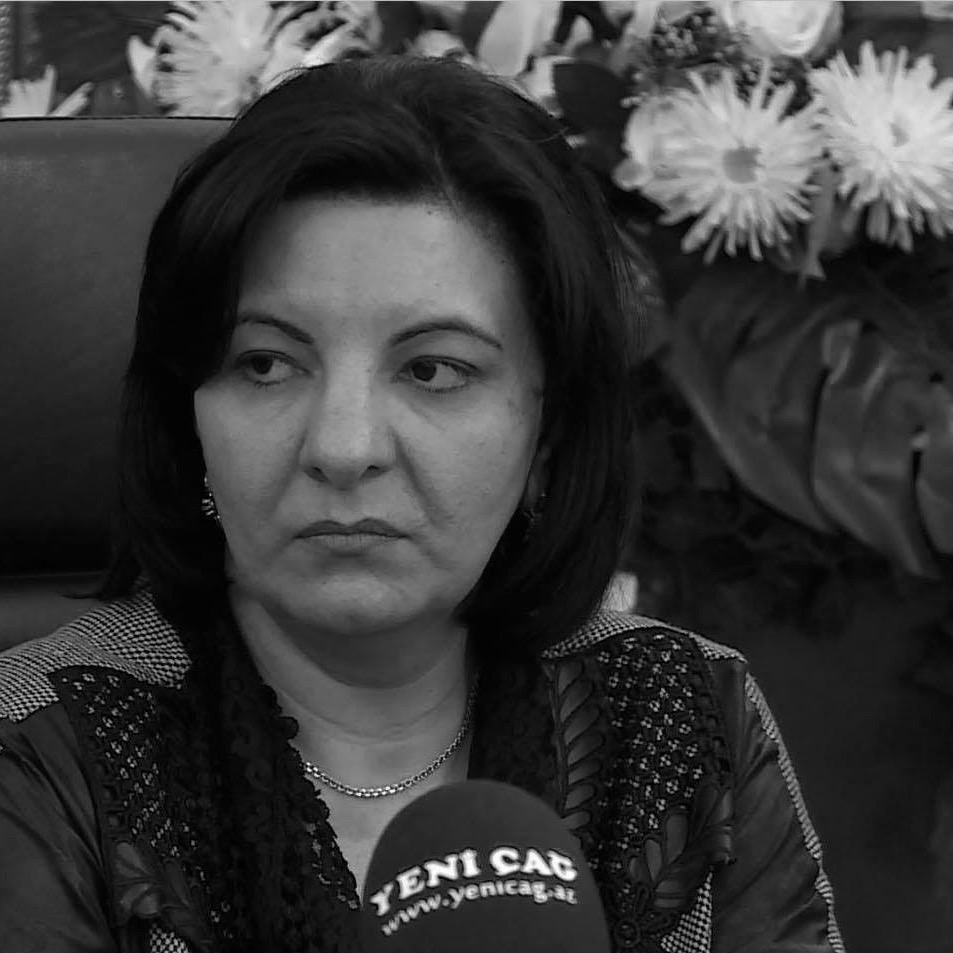
I just finished reading “Malala’s Magic Pencil”, an autobiographical picture book, written by Nobel Peace Prize winner Malala Yousafzai, together with my daughter, who is going to return to school next month. It is an incredible and fascinating story of a girl who is fighting for education and peace, and delivers a powerful and inspirational message not only for kids, but for everyone.
Today unfortunately in many parts of the world women’s rights are still being suppressed, and millions of women are out of school and cannot get basic education. I feel lucky and proud that my daughter grows up in a majority-Muslim country, where women get free, compulsory and quality education, and play a significant role in the political, economic and social life of the country.
Education of women in Azerbaijan has evolved significantly since the beginning of the 20th century. In 1901, the very first secular school for Muslim girls in the entire Muslim world was opened in Baku at the initiative of the great Azerbaijani philanthropist Haji Zeynalabdin Tagiyev. This pioneer project inspired Muslim communities in other parts of the Russian Empire, which Azerbaijan was part of then, to establish similar secular schools.
In 1908 Hamida Javanshir, great-great-grandniece of the Karabakh region’s last ruling Khan (Ibrahim Khalil Khan) and wife of the famous Azerbaijani writer Jalil Mammadguluzade, founded a coeducational school in her home village of Kahrizli, which became the first Azerbaijani school, where boys and girls could study in the same classroom.
By 1915, in Baku alone there were 5 schools for Muslim girls. Also around this time, a women’s newspaper called “İşıq” (Light) was published in Baku to support women’s rights and promote education among women.
Moreover, Azerbaijan was the first majority-Muslim country in the world to grant women equal voting rights – in 1919, an entire year before the United States and decades before many Western European nations. It happened after Azerbaijan gained its freedom from the Russian Empire in 1918, establishing the first ever secular democracy among Muslim nations.
In the later decades of the past century, Azerbaijani women got new opportunities to realize their potential and be successful in various fields. During these decades Azerbaijani women pioneered many “firsts” for women in the Muslim world: First female opera singer Shovkat Mammadova, first ballerina Gamar Almaszade, first female pilot Leyla Mammadbeyova, first professionally educated composer Agabaji Rzayeva, etc.
After restoring its independence from the Soviet Union in 1991, women’s rights further prospered in Azerbaijan. We have laws in place that assert the protections and respect for women across Azerbaijani society. For example, Article 25 and 34 were added in 1993 to Azerbaijan’s Constitution, ensuring full equality between men and women generally, and equality of men and women within marriage specifically. In 2006, Azerbaijan passed a Gender Equality Law which guarantees that women receive equal pay at work and prohibits discrimination in hiring and promotional practices.
The past 27 years have seen a steady and uphill growth in Azerbaijan, as both the economic, financial and social wellbeing of the country has significantly improved. The country currently boasts a 99 percent literacy level. School enrollment rates for women are at 99.8-100%. Comprising 50.1% of Azerbaijan’s entire population, women constitute about 80% of all employees in education and 65.7% in healthcare. Moreover, 56% of all PhD degree holders, 48.2% of university students, 6 university presidents, 15 college presidents and 1244 school principals in Azerbaijan are women.
The judicial branch of the government has many female judges, comprising around 15 percent of all judges in the country, including Tatiana Goldman, who is Jewish, and Justice at Azerbaijan’s Supreme Court. Goldman is one of the 7 female Supreme Court Justices of Azerbaijan.
The legislative branch is not lagging behind in this regard: there are 20 women in Azerbaijan’s Parliament (out of 125 total), including Bahar Muradova, the Deputy Speaker.
First Vice President Mehriban Aliyeva, the highest-ranking woman official in the history of Azerbaijan, is a true inspiration for Azerbaijani women. Her activities in promoting gender equality and women’s education in the country and beyond are tremendous. The First Vice President is known for her tireless humanitarian efforts in Azerbaijan and internationally as UNESCO Goodwill Ambassador, and for her advocacy for health, women and children, among so many areas she works on to make the world a better place. The Heydar Aliyev Foundation, led by Mrs. Aliyeva, has built and rebuilt hundreds of new schools in Azerbaijan in a short period of time, even in the most remote villages of the country. The Foundation has also implemented a vast number of international humanitarian projects, including the construction of a new girls’ school in Pakistan for 500 students.
Education of women is a milestone in the development of any society. It is education that can help millions of women around the globe realize their potential and empower them to change the world for the better. A country, a nation cannot progress without women’s education. As Malala Yousafzai mentioned in her famous speech at the UN Youth Assembly, “One child, one teacher, one pen and one book can change the world”.
Also there is an old African proverb that says: “If you educate a man, you educate an individual. But if you educate a woman, you educate a nation”.





















 More news and opinions than at a Shabbat dinner, right in your inbox.
More news and opinions than at a Shabbat dinner, right in your inbox.